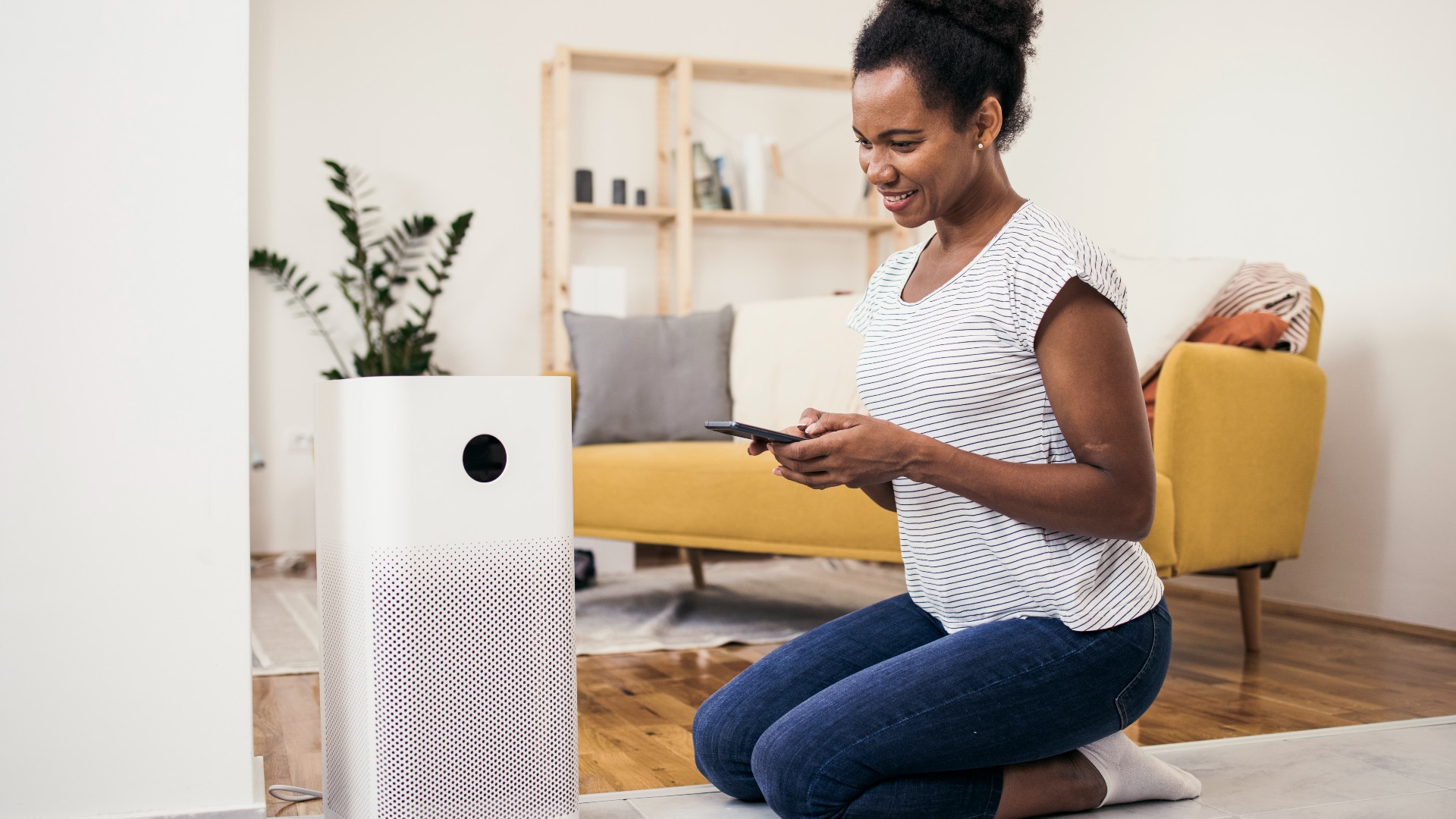
From ridding your home of harmful chemicals and airborne allergens to improving symptoms of asthma, there are many potential benefits of investing in an air purifier.
Keeping an eye on the air quality index for your local area can help you to understand how much of a problem air quality is where you live, as can recognizing the symptoms of poor air quality, which can include irritation of the eyes, nose and throat, as well as headaches and fatigue. Knowing the most common culprits behind seasonal allergies in your state can also come in handy.
However, even some of the best air purifiers do not provide a complete solution. "Air purifiers can significantly lower the levels of harmful pollutants indoors, but they are most effective when combined with efforts to minimize outdoor air pollution and improve overall ventilation," Dr. Payel Gupta, an assistant professor at New York's SUNY Downstate Medical Center and a national spokesperson for the American Lung Association, told Live Science by email. "Remember, you can never truly purify the air, but you can clean it to a certain extent," she said.
1. They reduce the number of allergens in the air
Do air purifiers help with allergies? They do, to a certain extent. As HEPA filters can remove at least 99.97% of pollutants as small as 0.3 microns, these machines can help control environmental triggers for those with airborne allergies.
A meta-analysis published Mar. 2024 in the journal Indoor Air found that air purifiers may help ease some of the respiratory symptoms caused by allergies to pollen, pet dander and other airborne particulates. However, they appear to have little to no impact on medication use, quality of life or the lung function of people with airborne allergies, the review authors noted.
Placing an air purifier in the room you sleep in or work in can be helpful for keeping the allergen load in the air as low as possible, therefore reducing your symptoms. Just remember that most air purifiers have a limit to the amount of clean air they can produce, so they may not be as effective in rooms with high foot traffic or in large, drafty spaces.
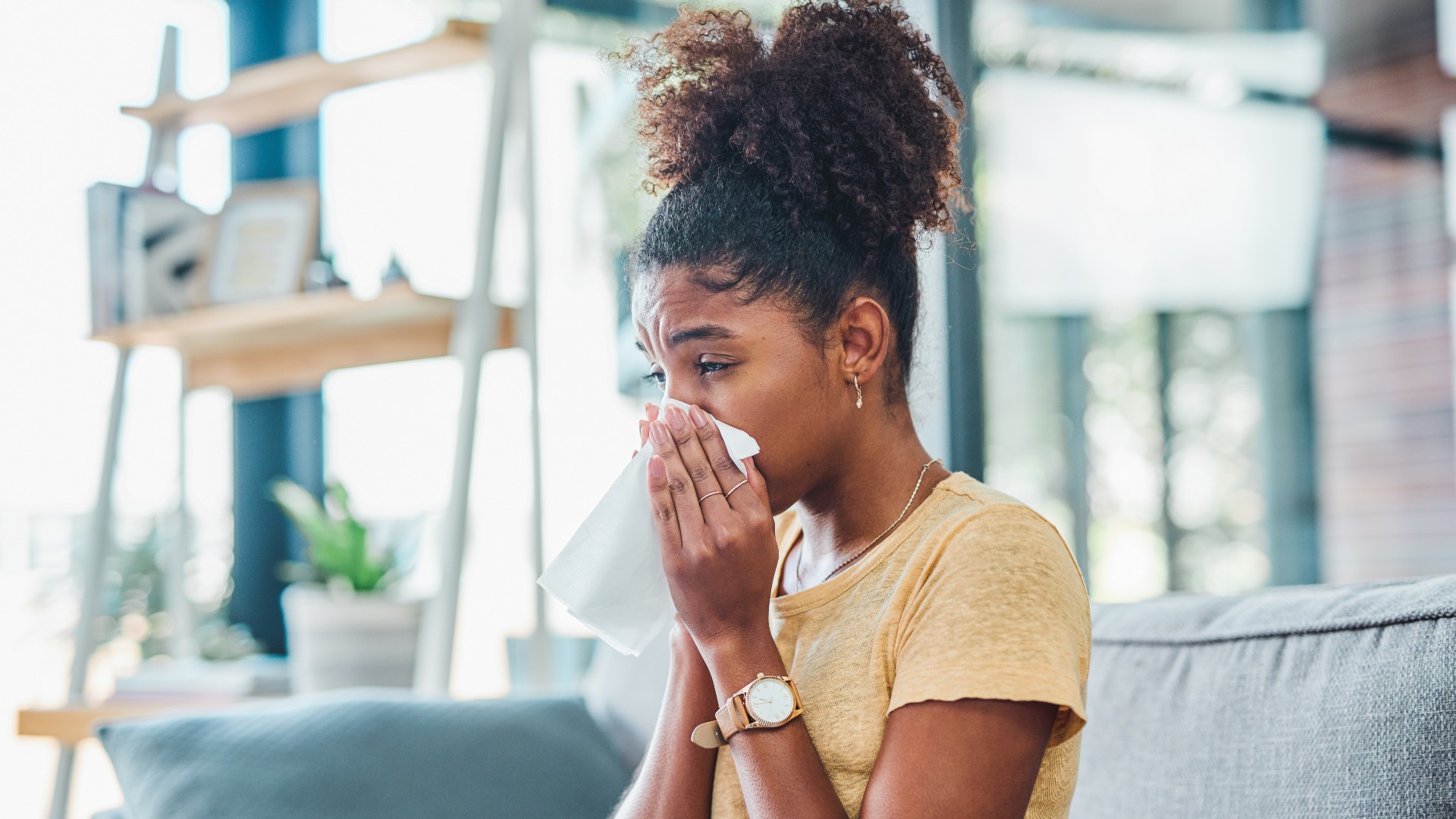
2. They may filter harmful chemicals
Studies of indoor air pollution have shown that our homes can be full of contaminants, from tiny airborne particulates to even smaller volatile organic compounds (VOCs), according to a review published July 2022 in the International Journal of Environmental Research and Public Health.
That is because our homes are becoming more energy-efficient and impermeable to outdoor air, and this can lead to increased exposure to various pollutants. VOCs — the minuscule chemicals from traffic emissions, cleaning agents and other household products — can be particularly harmful to our health, the review authors noted. However, some air purifiers can deal with those pesky particles.
"Air purifiers, particularly those equipped with HEPA filters and activated carbon filters, can help reduce exposure to traffic pollution and smoke particles," Gupta said. "HEPA filters can trap fine particulate matter, while carbon filters can adsorb volatile organic compounds (VOCs) and odors, further improving indoor air quality," she said.
That is because activated carbon filters have a uniquely porous structure and large surface area that helps trap large quantities of VOCs, according to a review published Sept. 2022 in the journal Environments. These filters are most commonly found in commercial air cleaners, but the good news is that an increasing number of domestic appliances feature them too.
3. They may help with dust
Do air purifiers help with dust? They can — to a certain extent. Dust, microbial contaminants like mold spores or airborne bacteria, tobacco smoke, pesticides, disinfectants, pet hair and dander all have the potential to irritate our respiratory systems.
Dust and dust mite allergies are also a leading trigger for asthma attacks, a review in The Journal of Allergy and Clinical Immunology found. That review suggests avoidance as the best course of action when attempting to limit symptoms. Most dust particles are 5 microns or less in size — well within the scope of a HEPA filter to trap and filter out.
However, air purifiers can only get rid of particulate matter that is suspended in the air. Therefore, they will not get rid of dust that is embedded in carpets, soft furnishing and other household items. Regular cleaning and good ventilation are also important for keeping your home dust-free.
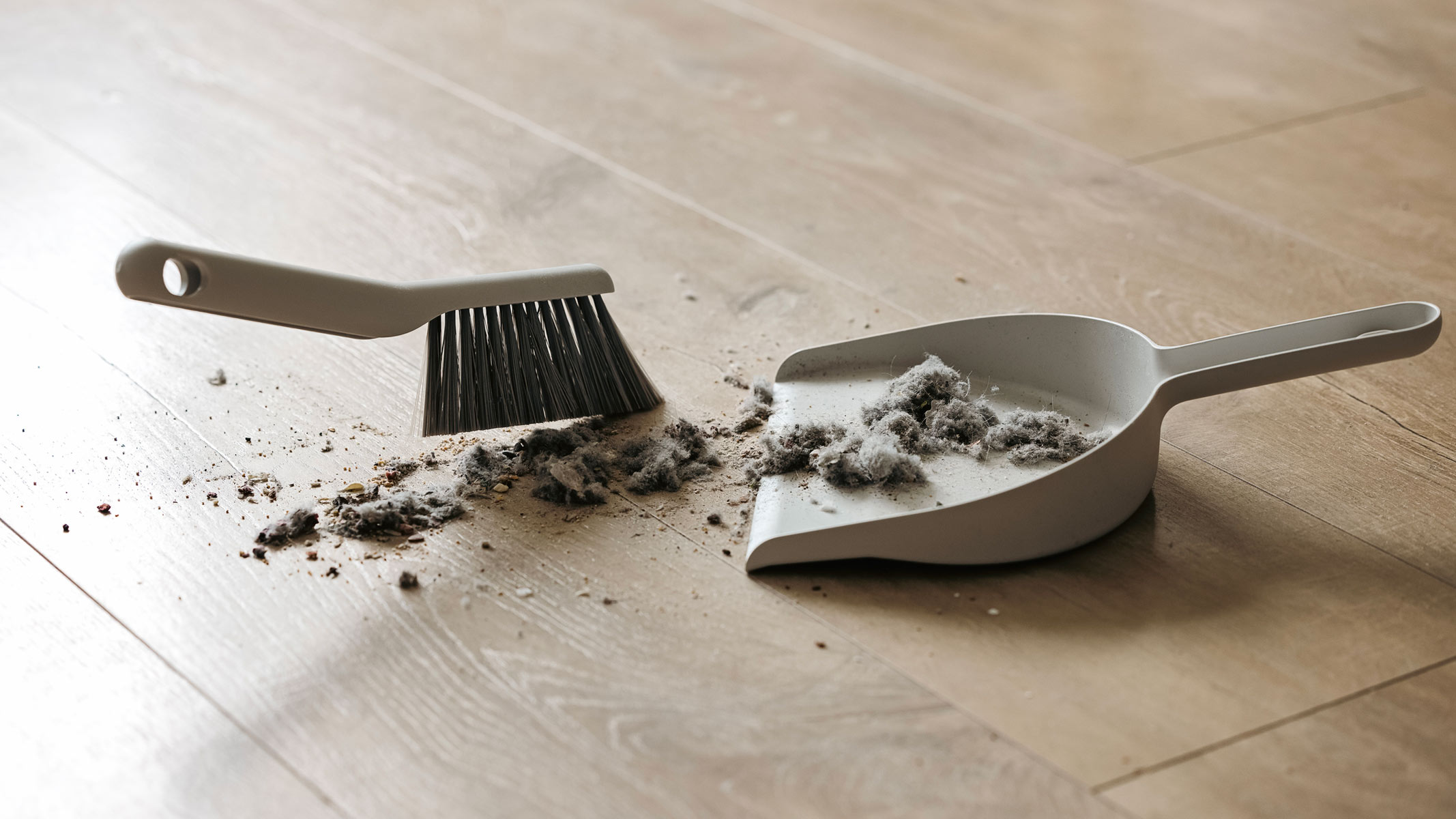
4. They help to stop mold from spreading
Do air purifiers help with mold? Yes, but again, only to a certain extent. Although air purifiers are not able to remove any existing infestation, they can indeed help to stop the mold from spreading further.
The airborne "seeds" that mold fungi produce in order to spread, known as spores, travel by air. According to the U.S. Environmental Protection Agency (EPA), these mold spores can be as tiny as two microns, so an air purifier equipped with HEPA filters can trap them before they fall on the ground and develop into more mold.
If you want to solve the mold problem once and for all, though, you will need to address the humidity levels in your home. These fungi thrive in damp, moist environments, which is why removing sources of excess moisture indoors is necessary to combat mold infestations, the EPA said.
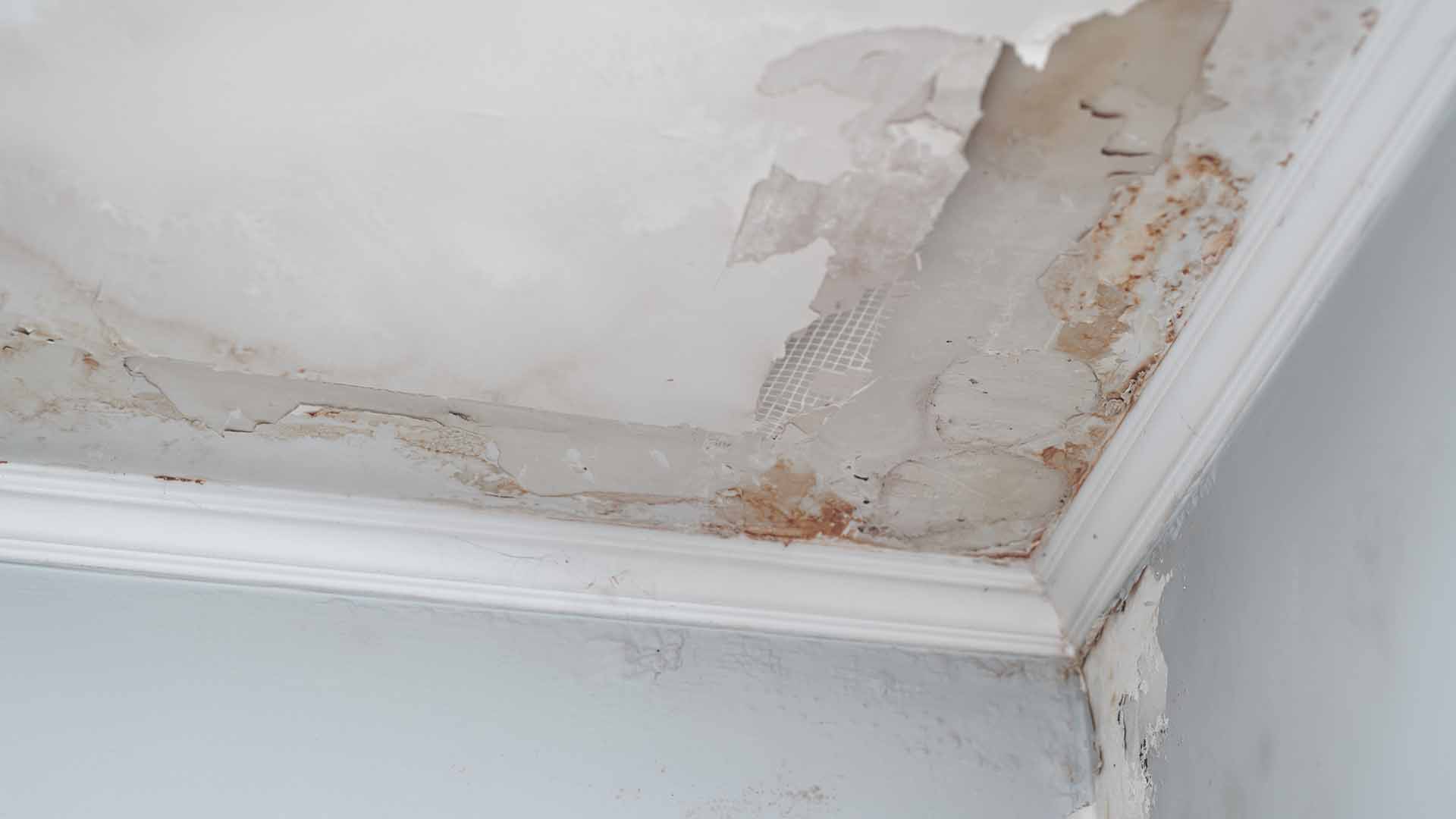
5. They may relieve symptoms of asthma
Can air purifiers help with asthma? Airborne contaminants such as smoke, pollen and dust can trigger asthma attacks, according to a review published Oct. 2023 in the journal Frontiers in Allergy. If you experience asthma symptoms, an air purifier may help you manage the air quality in your home so that you can limit your exposure to these contaminants.
Studies have shown that these machines can improve some of the metrics related to lung function in asthmatic patients, according to a meta-analysis published Apr. 2021 in the journal Allergy, Asthma and Immunology Research.
However, it is worth noting that the Environmental Protection Agency (EPA) recommends avoiding air filters that produce ozone, as this is a lung irritant and can worsen symptoms of asthma.
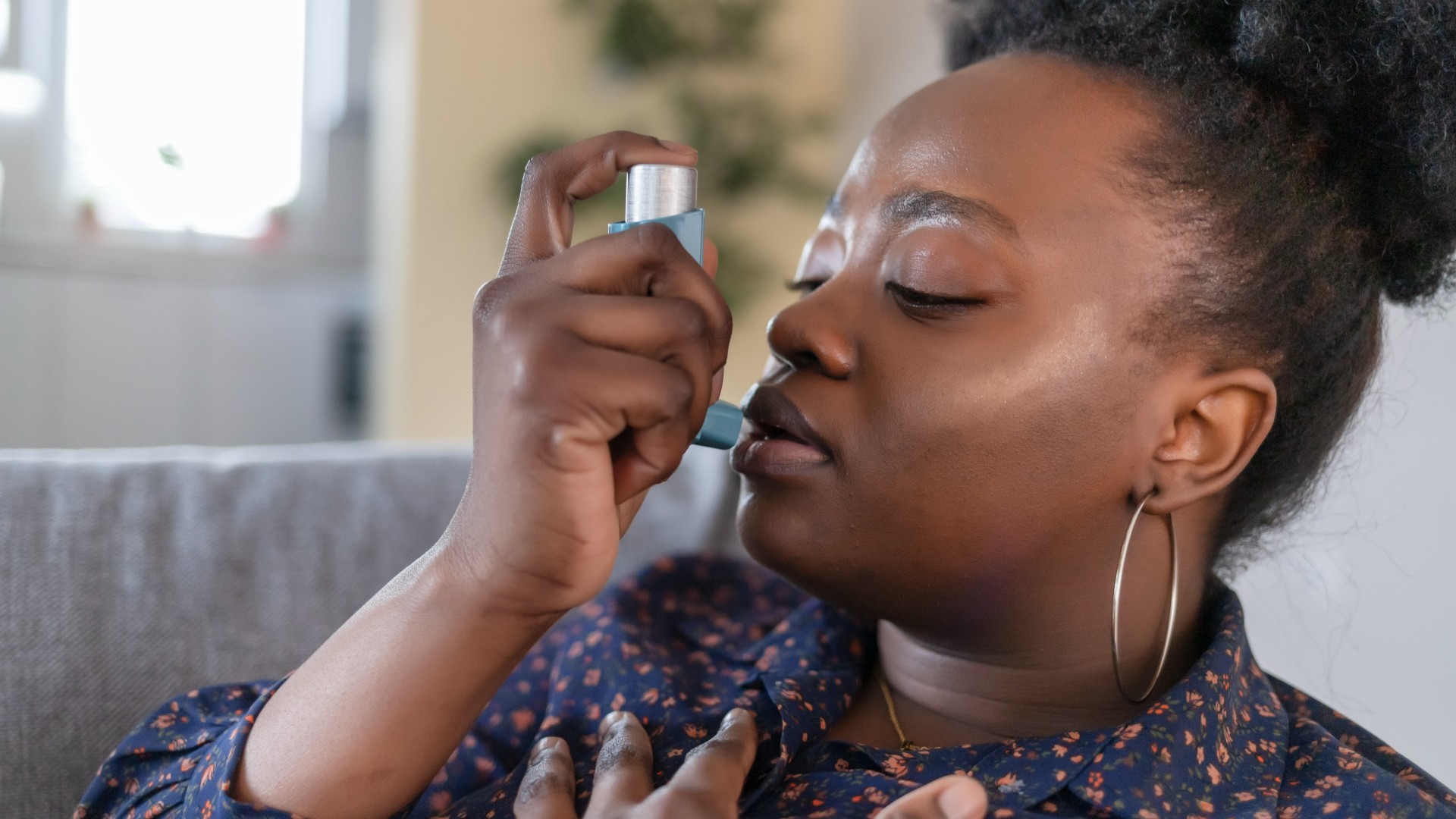
6. They lighten the viral load in the air
Do HEPA filters remove viruses? The evidence suggests so. For example, studies have shown that air purifiers equipped with HEPA filters can significantly reduce SARS-CoV-2 viral particles in the air, especially when combined with proper ventilation and other decontamination strategies, according to a 2021 review published in the journal Otolaryngology-Head and Neck Surgery.
There is also some evidence that air purifiers can capture bacteria and prevent them from spreading in indoor environments, according to a review published June 2021 in the journal PLoS One.
However, it is difficult to say whether air purifiers can actually prevent respiratory infections. Scientists compiled the data from 32 studies and found no solid evidence that these machines can reduce the incidence of infections in real-world settings, according to a review published Dec. 2023 in the journal Preventive Medicine.
This article is for informational purposes only and is not meant to offer medical advice.
Related stories:
— Dehumidifier vs air purifier: What’s the difference?







